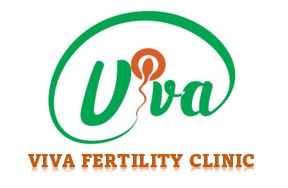In Vitro Fertilization (IVF)
IVF is a treatment in which eggs are retrieved from the ovaries and fertilized with sperm in a lab. The resulting embryos are then transferred to the uterus for implantation.
- Donor Egg IVF: For women unable to use their own eggs, donor eggs are fertilized with sperm and the resulting embryo is implanted.
- Caucasian Donor Egg: A specialized service where Caucasian donor eggs are used for patients seeking specific genetic traits.
- Donor Sperm IVF: For patients using donor sperm, the process involves fertilizing the egg with donor sperm.
- Caucasian Donor Sperm: Similar to donor sperm IVF but with sperm from a Caucasian donor.
- Embryo Adoption: This service allows patients to adopt frozen embryos, typically from other IVF cycles.
Male Infertility Treatments
Treatments for male infertility that help with sperm retrieval and fertilization.
- Intra-Cytoplasmic Sperm Injection (ICSI): A single sperm is injected directly into an egg to enhance fertilization.
- Intra-Uterine Insemination (IUI): Sperm is placed directly in the uterus during ovulation to increase the chances of fertilization.
- Percutaneous Epididymal Sperm Aspiration (PESA): Sperm is retrieved directly from the epididymis when there is no sperm in the ejaculate.
Gestational Surrogacy
This service allows patients to have a child via a surrogate, where the embryo is implanted in a surrogate’s womb.
Frozen Embryo Transfer (FET)
Embryos that have been previously frozen are thawed and transferred to the uterus for implantation.
Ovulation Induction
Medications are used to stimulate ovulation in women with irregular ovulation cycles.
Luteal Support
Hormonal support provided during the luteal phase (after ovulation) to help sustain early pregnancy.
Gynaecological Surgery
Specialized surgeries to treat conditions such as endometriosis or fibroids that may impact fertility.

